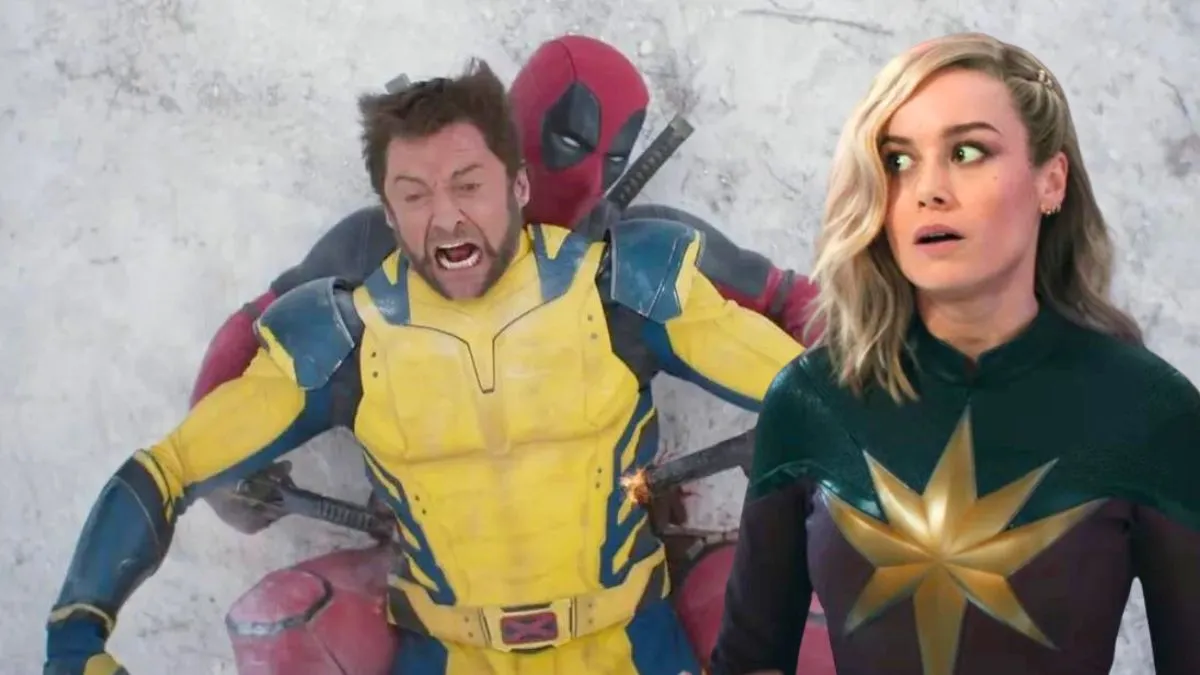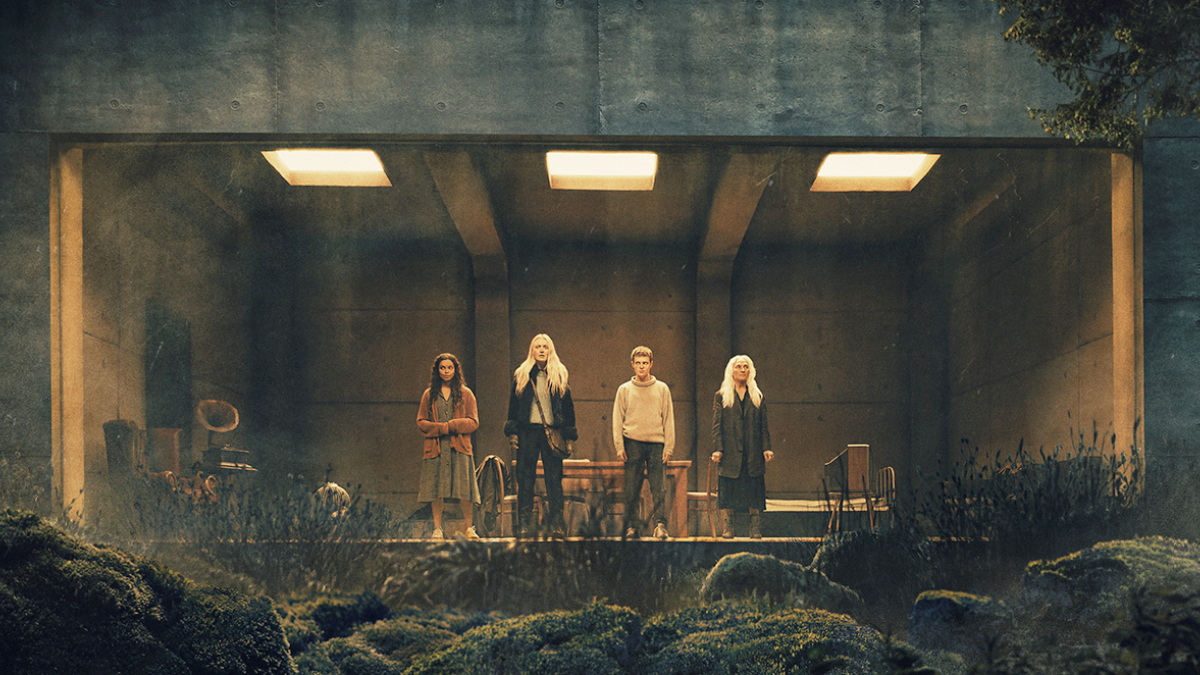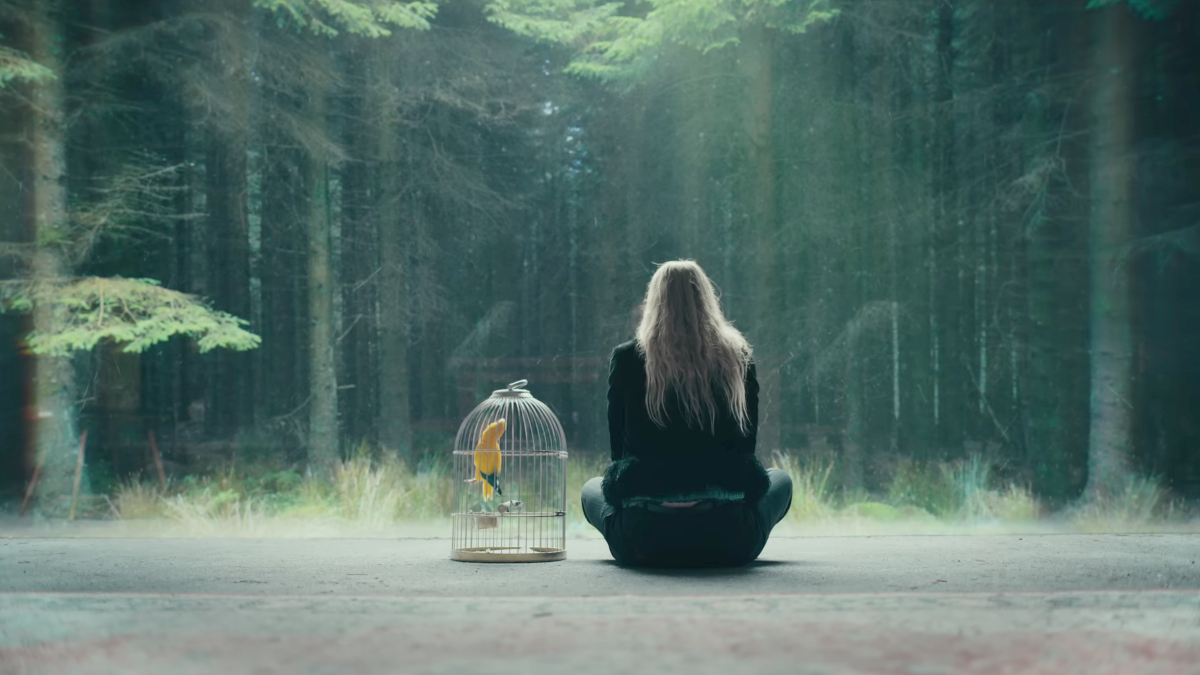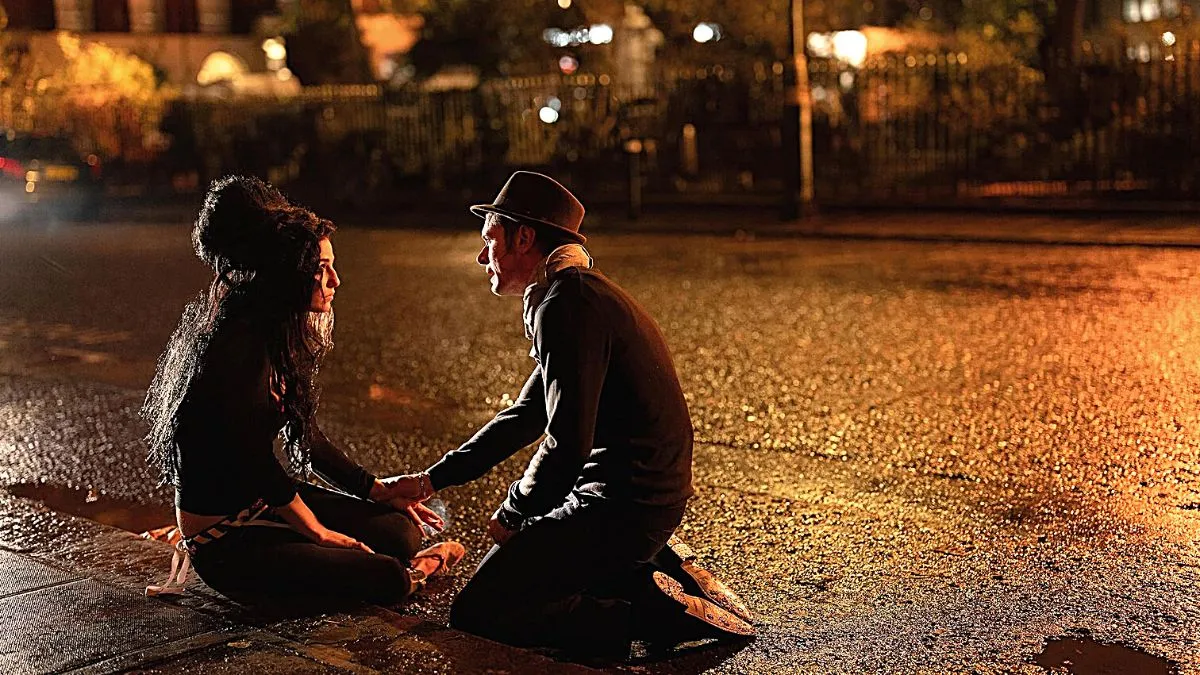Aiming to offer a unique insight into the intimate, personal details of the world’s most well-known and remembered icon, British television director and producer Simon Curtis is making his feature directorial debut with his new drama My Week With Marilyn. The film chronicles the quick relationship Marilyn Monroe formed with the third assistant director, Colin Clark, on The Prince and the Showgirl set in London in 1956. Their chemistry caused a scandal, as she was married to her third husband, popular playwright Arthur Miller, at the time.
My Week with Marilyn, which is scheduled to be released into theaters on Wednesday, November 23, is based on Clark’s memoir of the same name. Clark’s sensitivity pushed him to get to know the real Marilyn, born Norma Jean Baker, and write about their experiences. Through their relationship, she came to realize that even with all her fame, people truly liked her for who she was.
Curtis was joined by the two lead actors in the film, Michelle Williams and Kenneth Branagh, at the Waldorf Astoria Hotel in New York City to discuss Monroe‘s story and the film. The actors and filmmaker discussed what they found surprising about the famous characters, as depicted in My Week with Marilyn, and their feelings on method acting.
Question: Kenneth, when you were starting out, many critics compared you to Sir Laurence Olivier. Did you find that to be a curse back then, or did you embrace it?
Kenneth Branagh: (I was) flattered by it. But I think that you couldn’t help but fall short as a young actor. But it was also the fate of people like Tony Hopkins and other generations. It was an indication of quite how remarkable Olivier’s position was. He just was the actor. He was the world’s greatest and most famous actor. He dominated in that position for so long that if you ever remotely went near a part that he played before, you were compared to him, unfavorably, inevitably.
I decided just to be flattered, and then got on with it. This was a strange moment where Simon came to me about this to lay that particular ghost by simply going at it head-on. Playing him in a script that took him seriously, not only as a performer, but as a person. So that’s how I got over it.
Simon, I have a question for you. I know when we met, you had been developing the movie for five years. Did you pick up the book yourself? How did you first come onto the story?
Simon Curtis: Yes, I literally did buy both books, in a book shop. There was no mystery there. I just fell in love with the story of this young man who has a passion to work in films, who got this phenomenal opportunity.
KB: When you read the books, was it what you expected?
SC: Yes, I had always been fascinated by it. I don’t remember The Prince and the Showgirl when it came out, but I remember being fascinated with the collision of Marilyn and Oliver. So I was fascinated with that. I couldn’t believe my eyes when I read My Week with Marilyn, which was the second book, which told the intimate story that this young man had this moment in time with Marilyn.
KB: Did you believe him, or no? Did you believe Colin was telling the truth?
SC: I did believe him. I think there’s lots of different versions of what happened in London in 1956. Our starting point was Colin’s version of those moments.
Q: Did you meet with Eddie before or after he won the Tony (last year, for his performance in the play Red)?
SC: It would have been after he won the Tony. But I’d known and followed his work for a long time. I was really thrilled that he could play the part. He went to the Eton school, just like Colin Clark had. He just brought an amazing quality to the character.
Q: Was Colin on the set?
SC: Unfortunately, he passed away about a decade ago.
Q: Michelle, for the opening musical number, how difficult was it to learn the choreography, and to learn how to perform as Marilyn?
Michelle Williams: I’m not a singer or a dancer. I haven’t been on a stage doing both of those since I was 10-years-old. In some ways, because of that, I felt like when I was finally able to put the nerves aside, I felt a tremendous outpouring of joy. I felt like a little girl whose dreams came true for their first time.
I was able to tap into how I imagined Marilyn Monroe to be so luminous in those singing and dancing numbers. What I experienced was that when you’re in that state, your critical mind has to turn off. There’s no room for it, because you’re remembering steps and lyrics. It’s sort of like pat your head and rub your tummy at the same time. Maybe that’s what makes those performances of hers so magical, is that she’s not thinking.
They took, like everything else in this movie, just a tremendous amount of preparation. The willingness to start at the very beginning, to not know what to do, to make mistakes along the way, and to not be hard on myself, to realize that’s an important part of the process.
SC: I cast Michelle knowing she was a phenomenal actress, but it was also exciting to see that she was a phenomenal singer, and dancer as well. That was a real joy to discover.
Q: These are such well-known figures. What did you find surprising about them?
SC: I can say one of the things we talked about, Michelle and I, about Marilyn was how intelligent she was. We were both really touched by Marilyn’s hunger to be taken seriously as an actress. So I think we both really came to admire her, and sympathize with her, from the work we did on this film. We hope the audiences will do the same.
KB: Yeah, I think so much was sort of surprising, really. But you sort of got under the skin of it all. I found that, despite the fact that clearly in the time in the movie we show the frustrations Olivier had, we also see, thanks to Simon, and the help at the time, moments where, I was mentioning to Michelle earlier on, there’s a series of on-set photographs that were very interesting to me. Half of which have Olivier being rather concentrated and directing film.
I had seen you (Simon) looking like that, and I’ve experienced looking like that, where there’s nothing else in the world, and everyone says “Are you alright?” “I’m just concentrating!” (laughs) You see half the on-set pictures like that. But half of them are like Olivier as a kid by the camera, looking at Marilyn with a jaw open, just like a kid on Christmas morning.
We were talking earlier, something you said interested me, the issue off what makes greatness in actors or performers. Sometimes I do think it’s to do with an access to a child-like quality that means they’re completely in the moment. When you’re upset, you’re fully upset, all of you. When you’re happy, you are deliriously, fulsomely happy.
When I was a kid, and I worked with Judi Dench for the first time (in Henry V), that’s what I observed in her, was this capacity to be wholly in the moment, wholly and completely in the moment. Then these pictures of Olivier, that’s what I was surprised by. Whatever the grandmaster of the English theater was, he was also the kid with the train set loving it, just loving it. Actually, being really impressed with how he did it. I was really fascinated by that, so whatever masks he then put on, he was basically a guy who loved doing what he was doing.
Q: Kenneth and Michelle, a lot was made about the method acting in this particular movie. What are your feelings about method acting? Kenneth, as a director, any thoughts on actors who use method acting?
KB: Well, it’s so interesting to me in the movie, that at that stage, there seems to be this very sort of dramatic contrast between what was method and what was English or theatrical tradition. I think in the years since, there’s been so many blurs and fudges of all that. Whatever works is whatever works, and that may be a very different thing.
Sometimes people are very immersed, and I would say certainly that I couldn’t fully understand quite what I did. But watching such as I did, Michelle from a distance, it was a combination of an emotion. But at the same time, it was hard not to have to be in these characters, aware of a number of technical and mechanical things that couldn’t be ignored, however much one felt. (Williams laughs)
But finding the fusion between them is always what actors are looking for. In the end, you are in a bunch of huts, surrounded by fancy sets. You didn’t happen to come there, you had to get there that morning. So that’s already not real.
In Mike Leigh films, I heard that David Thewlis, in a film called Naked, which is actually magnificent, they never told him when he was called for a shoot. They would just ring him in the middle of the night and give him an address (lCurtis and Willilams laugh), and say be at home on Tuesday. Then someone would start talking to him, making the film. That’s real method.
SC: We couldn’t afford to do that. We couldn’t do that, and have everything else ready. But I’d be up to doing something like that as I would following steps. Whatever it takes. I think it was very structured. What’s your opinion Michelle on method and tradition?
MW: (laughs) I don’t know how to add to that. Yeah, I suppose whatever works. For me, for this, I had never done anything, sort of like what you were saying Kenneth, so much technical know-how. This was the first attempt that I had made, really the first time admittedly that I started from the outside in, because I knew I was going to have a very, very long way to go.
Where I, Michelle, have wound up after 31 years, physically is very different than Marilyn. So for the first time, I started externally, which was a switch-up for me.
Similarly, like Marilyn, I’m not trained, I sort of popped up into classes now and then, read books, read lots of books. At 31, I have made some kind of hochpoch of my own personal experience, what I know works for me in the moment, what I’ve learned from other actors, what I picked up from books.
I certainly don’t know what I would call it. But at the time, the method, the people who are driving the method, were actually alive and in the room, and how exciting would that have been. Now we sort of get second-hand information, the soup of the soup, it’s been sort of passed on.
Whatever works, I’m not beyond doing rain dances (laughs), or whatever. I’m still experimenting. I’m still finding out for me what works. I think that’s the reason that keeps me acting, that keeps me excited, is that I’m still learning. This new information comes in all the time that transforms how I’m going to do, and what I’m going to do.
SC: I would add that that much is made in the film, the contrast between the then-English theatrical tradition, and the method and psychological method of American acting. But for me, great acting is a combination of both. It was a joy to see both these two come to those characters by exploring both the life of their characters, and also the body language of their characters. They’re two of the best actors in the world. I was so lucky to have them on this film.
Q: Michelle, have you done any exploration of Marilyn Monroe as an actress? Also, how do you view her as a woman from a different time, with very different expectations?
MW: Has she influenced me? She hasn’t, to be honest. I had a picture of her in my bedroom when I was growing up. So I always had some sort of, I don’t know, response to her. But only because of her image. I wasn’t aware of her movies.
When I had that picture in my bedroom, I hadn’t really seen any work that she had done. Although at the time, I was very interested in the method, God knows why. But at 12, that’s what I was reading about. I was reading about Montgomery Clift, those where my heartthrobs. But I didn’t know her body of work.
For the second part of the question, I wish she was able to experience working outside of a studio system. To not be bound to playing the same role, to not be contracted. Basically, not be on a salary, and take what’s given to you. I wish that she could experience choice and independence, and exert a creative will. I feel very lucky to have been able to.
Q: Michelle and Kenneth, what was it like working with Simon the set? He seems so nice here.
KB: (laughs) He was very, very impressive. We worked together before. He knew that difficult thing that directors eventually benefit from, when to say a little, and when to say a lot. As a producer, I watched him. We were in a semi-difficult situation, with a director who was relatively inexperienced at the time. It was a tricky, tricky moment. My friend here handled it with compassion, intelligence and wit.
So I knew coming into this that he had all that, which was great. Then, instead of watching a documentary about 1956 in London and the world, I was able to hear him talk instead at the beginning of our session together. I better understood, besides what Michelle and I would do, the context and the layering of the atmosphere of the time and place and approach to the business of filmmaking. That was a great, big plotted land of soil to put this picture in.
I knew then what we were being asked to do was go do our work, and he would direct it. He would push us and shove us in particular ways. He did so with great discretion and great economy, always with passion. Fantastic energy on-set, and kindness and compassion. But he wasn’t afraid to tell you what to do, which was good on-set. Great generosity and kindness. So a fantastic job.
SC: Thank you.
That concludes our interview, but we’d like to thank Michelle Williams, Kenneth Branagh and Simon Curtis for talking to us. Be sure to check out My Week with Marilyn when it hits theaters on Wednesday, November 23rd.









